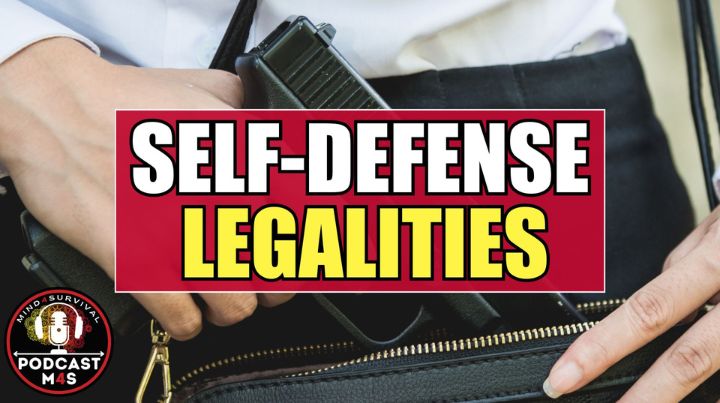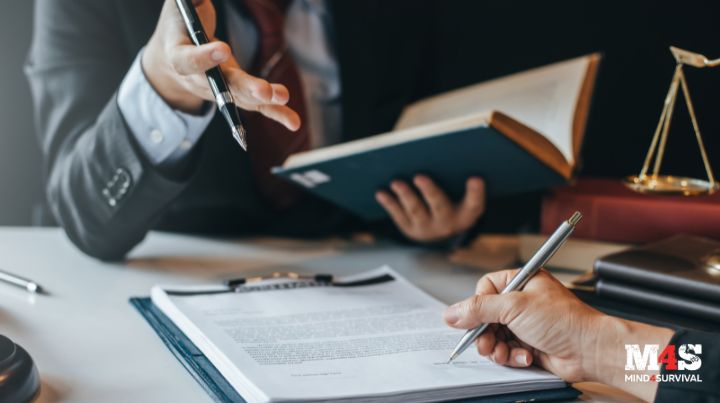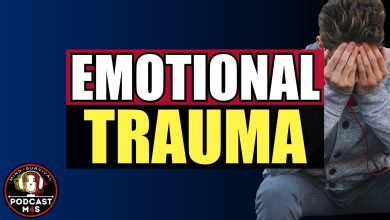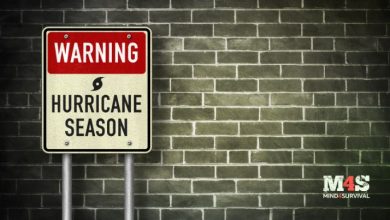Podcast: Play in new window | Download
In this insightful episode, I welcome Rachel Moss, a seasoned criminal defense attorney from Arizona specializing in self-defense law. Rachel, an attorney with the Attorneys For Freedom Law Firm, provides a deep dive into the often misunderstood world of self-defense law. Here’s a breakdown of our conversation, filled with invaluable insights and practical advice.
Disclaimer: This should not be construed as legal advice. Please consult your attorney to learn the specifics of your personal legal situation.
Understanding Self-Defense Laws
Rachel highlights a significant misconception about self-defense laws: while the statutes might seem straightforward, their application in court is anything but. In states like Arizona, where self-defense laws are robust, a jury ultimately decides what’s deemed reasonable. This interpretation can vary widely, influenced by each juror’s background and experiences.
For instance, Rachel explains that even if a law states you have the right to use deadly force when facing an imminent threat, the perception of reasonableness can differ. A person familiar with firearms might see a situation differently than someone who has never handled a weapon. This variance can result in different legal outcomes, making the legal landscape for self-defense cases quite complex.
Avoiding Legal Trouble
One crucial piece of advice Rachel offers is to avoid self-defense situations whenever possible. While some may feel justified in using force to protect their property, the aftermath of such actions can be legally dangerous. Rachel suggests that the potential consequences of a legal battle outweigh the immediate threat to personal possessions. After all, is something in your home, other than a loved one, worth a possible prison sentence?
Rachel stresses the importance of firearms training. Being prepared and knowledgeable can make a significant difference when faced with a self-defense situation. However, she emphasizes that even with training, the decision of what is reasonable self-defense is out of your hands and in the hands of the jury.
Preparedness and Legal Self-Defense
Rachel’s journey into preparedness was inspired by her mother, who is deeply engaged in staying informed and prepared for potential crises. This influence made Rachel consider her safety and preparedness, especially living in an urban area prone to protests and unrest.
Preparedness isn’t just about having supplies—it’s about having a plan. Rachel discusses the importance of having multiple routes to safety and being aware of your surroundings. She shares practical tips on preparing for various scenarios, whether at home, work, or public.
Attorneys on Retainer Program
Rachel introduces the Attorneys on Retainer program, distinguishing it from traditional self-defense insurance. This program ensures that if you ever need legal defense, you are already a client of the law firm, providing you immediate legal support and maintaining attorney-client privilege from the first call.
Self-defense insurance often cannot cover criminal acts, leaving a significant gap in protection. However, the Attorneys on Retainer program focuses on defending you in criminal cases, asserting self-defense wherever reasonable, and ensuring you have legal representation throughout the process.
Practical Legal Advice
In the unfortunate event of a self-defense incident, Rachel advises keeping statements to a minimum when interacting with law enforcement. It’s crucial to ensure your safety first and call 911 if needed but keep the details brief. Statements made in the heat of the moment can be misinterpreted and used against you later.
Rachel highlights the importance of having an attorney present before making any statements. This approach helps protect your rights and ensures that any communication is privileged and cannot be used against you in court.
Legal Processes and Trial Expectations
The legal journey following a self-defense incident can vary significantly. Misdemeanor cases might conclude within a few months, while felony cases, especially those involving firearms, can drag on for years. Understanding the potential timeline and the seriousness of the charges is essential in preparing for what lies ahead.
Use of Force and Legal Considerations
Our conversation also covers the use of less-than-lethal force and its implications. While less-than-lethal options like pepper spray or rubber bullets seem like a safer choice, they can, in some cases, complicate the legal narrative. The key is whether the force used was proportionate to the threat faced.
Rachel shares that recent court decisions, like the one in Ohio allowing warning shots as self-defense, show the evolving nature of these laws. However, she cautions against relying on such measures, as they can introduce new legal challenges.
Modifications to Firearms
Discussing firearm modifications, Rachel acknowledges the potential legal scrutiny these modifications can bring. While enhancements like red dot sights or improved triggers can aid in accuracy and safety, they might also be portrayed negatively in court. It’s advisable to consult legal experts before making significant modifications to ensure state and federal law compliance.
Civil Liabilities
Civil lawsuits can still arise from self-defense incidents, even if criminal charges are avoided. Understanding the potential for civil liabilities and having legal protection in place is crucial. The Attorneys on Retainer program provides comprehensive coverage, including bond payments and mental health services, ensuring you are fully supported through any legal challenges.
The Bottom Line on the Legalities of Self-Defense
This episode with Rachel Moss offers a wealth of knowledge on the legalities of self-defense. From understanding the nuances of self-defense laws to practical advice on avoiding legal pitfalls, Rachel’s insights are invaluable for anyone interested in protecting themselves legally and physically. Remember, preparedness is not just about having the right tools but also about knowing how to navigate the legal landscape effectively.
What are your thoughts on the legalities of self-defense? Tell us in the comments below.
Additional Resources
Stay safe,

Read the full article here






